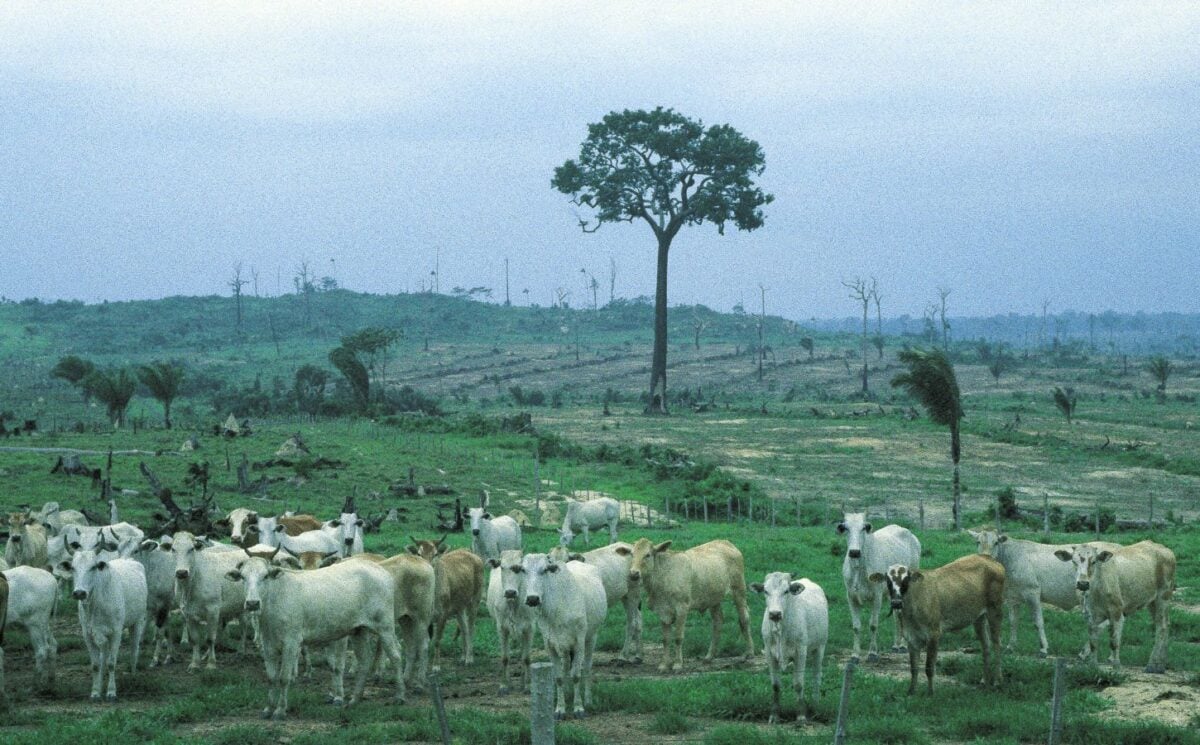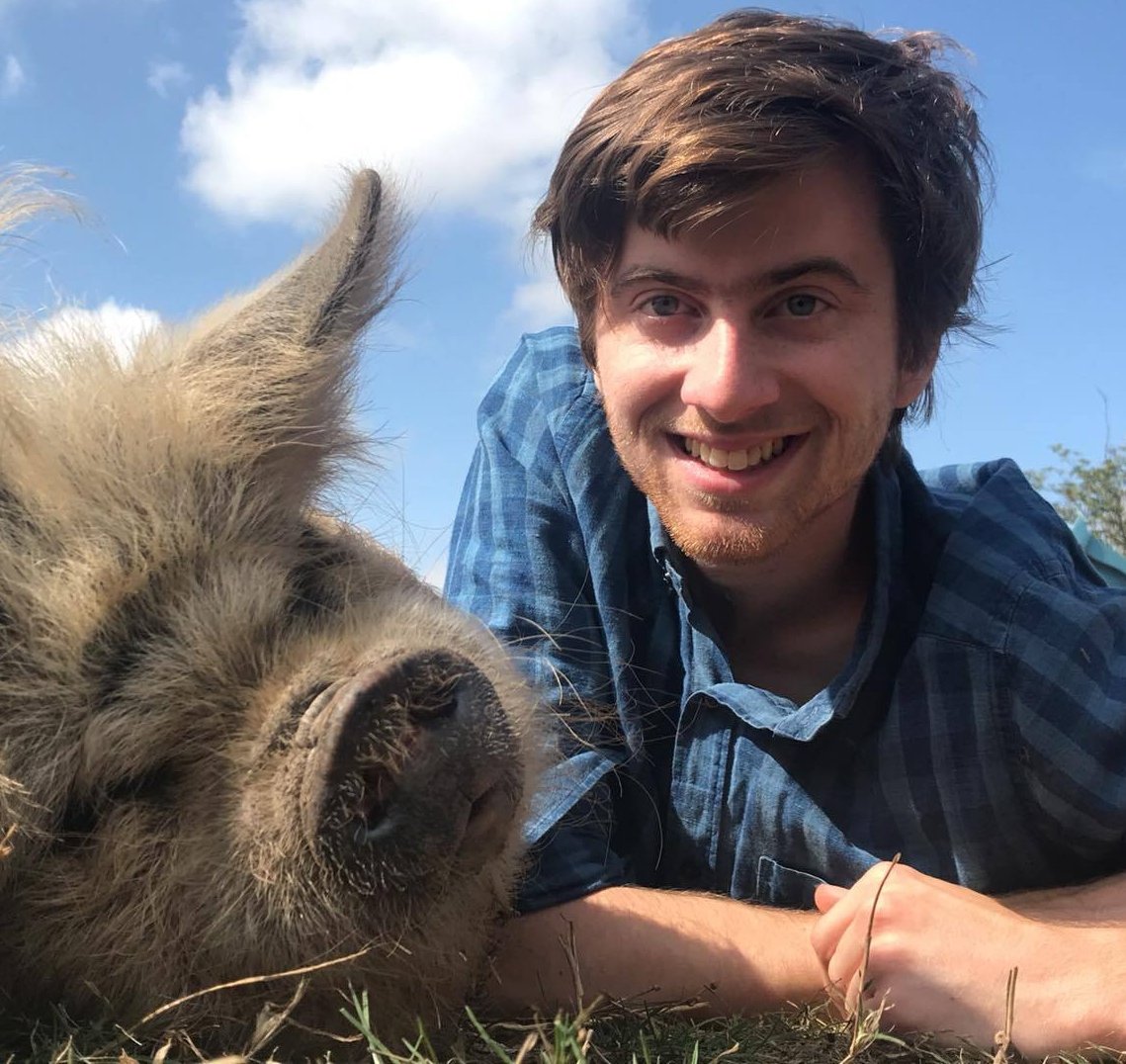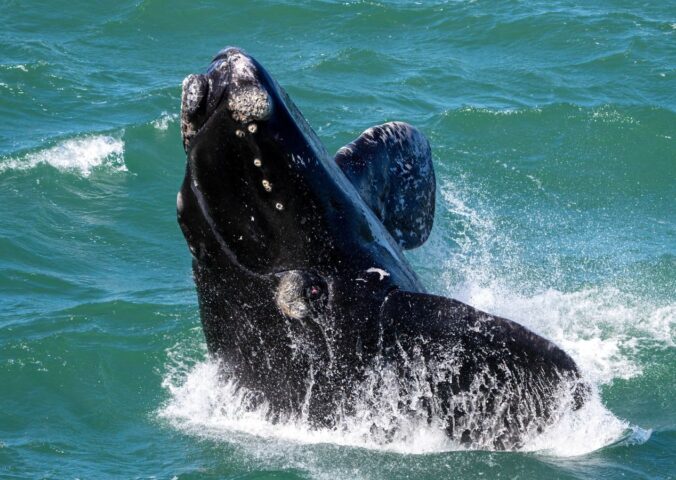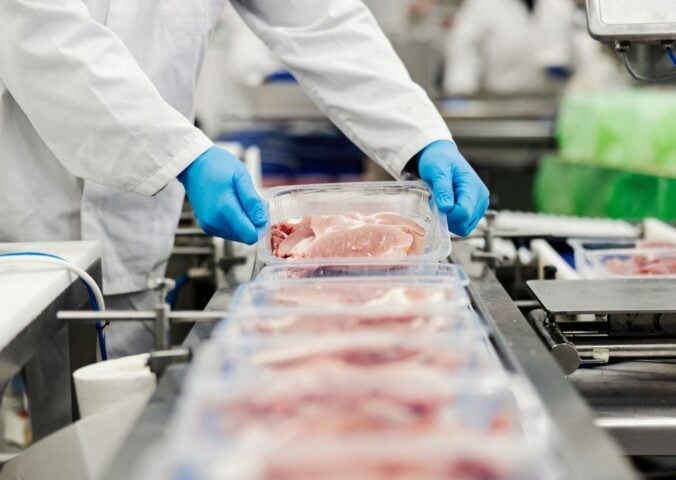Between 10 and 47 percent of the Amazon rainforest may cross “tipping points” by 2050, according to new research published in Nature.
A tipping point is a critical threshold at which a small disturbance can cause an abrupt shift in an ecosystem. As deforestation continues, the “point of no return” for parts of the Amazon is drawing ever closer.
The Amazon is home to more than 10 percent of Earth’s terrestrial biodiversity. It also stores an amount of carbon equivalent to around 20 years of global greenhouse gas (GHG) emissions.
The impact of “mass mortality events” in the Amazon will include “irreversible loss of biodiversity, socioeconomic and cultural values,” the researchers note.
Animal agriculture causes Amazon deforestation
The Amazon rainforest is arguably the most important ecosystem on the planet. That is partly because it has a net cooling effect that helps stabilize the Earth’s climate.
Yet, the Amazon is under attack and could be approaching key tipping points.
Cattle ranching is the number one cause of deforestation in the Amazon. It is responsible for about 80 percent of it. Raising cows requires large swathes of land, resulting in the clearing of huge areas of trees.
Growing soy to feed factory farmed animals is another major threat to the Amazon. Every year, the UK imports over three million tonnes of soy from South America to feed animals on intensive farms (primarily chickens). To produce this amount of feed requires 850,000 hectares.
Reports have shown that soy grown in South America “carries a high risk of being associated with deforestation, conversion of non-forest habitats, and biodiversity loss.” In other words, eating chickens in the UK is directly causing huge amounts of deforestation in the Amazon.
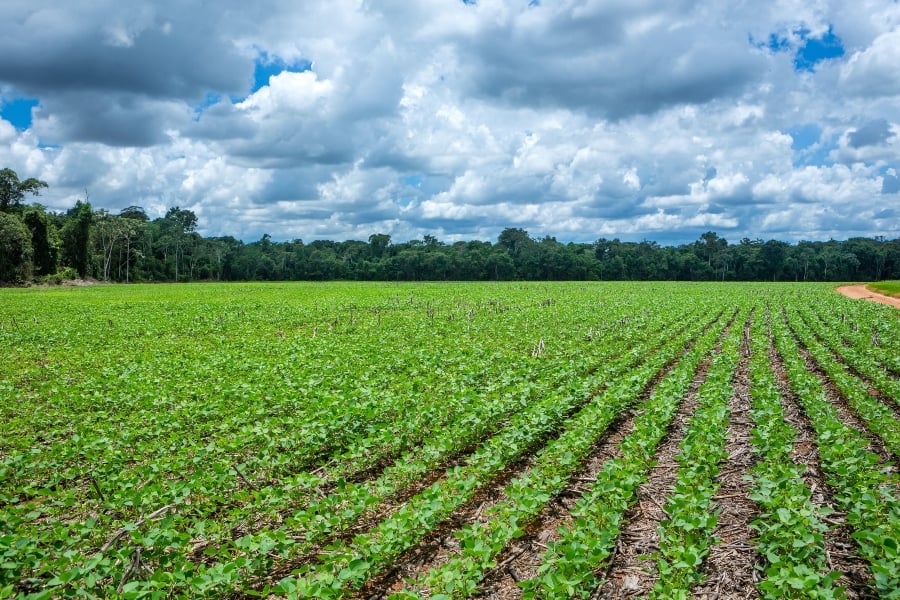
“Unprecedented stresses” for Amazon rainforest
The new study analyzed five major drivers of water stress on Amazonian forests. It also looked at “potential critical thresholds of those drivers.” According to the researchers, crossing these tipping points in the Amazon “could trigger local, regional or even biome-wide forest collapse.”
Led by Bernardo M Flores, a researcher at the Federal University of Santa Catarina in Brazil, the researchers set out to understand how to “[keep] the Amazon forest resilient in the Anthropocene.”
“For 65 million years, Amazonian forests remained relatively resilient to climatic variability,” they write. “Now, the region is increasingly exposed to unprecedented stress from warming temperatures, extreme droughts, deforestation and fires.”
These risks are present “even in central and remote parts of the system.”
Save the Amazon
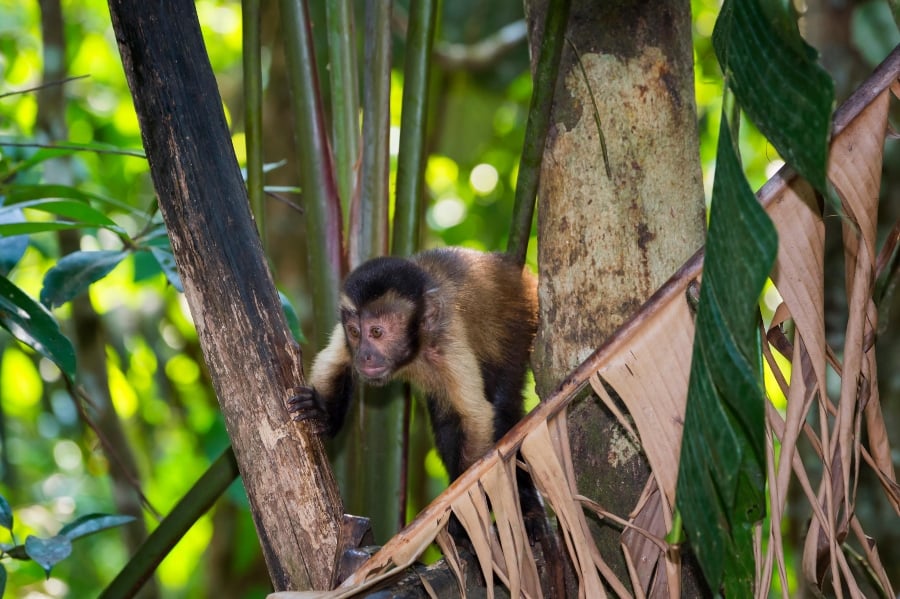
To stay well clear of the Amazon’s tipping points will require a mix of “local efforts to end deforestation and degradation and to expand restoration” and “global efforts to stop greenhouse gas emissions,” the researchers write.
Animal agriculture is responsible for at least 16.5 percent of GHG emissions. It is also directly causing deforestation in the Amazon.
A report from Plant Based Treaty, released at COP28, showed how a plant-based food system can help the Earth stay within planetary boundaries.
“Dietary change is imperative to reduce food’s impact on climate change, land use, biodiversity, freshwater use, ocean acidification, and as a future carbon sink, to strengthen biosphere resilience,” Steve George, Plant Based Treaty’s Science Ambassador, previously told Plant Based News.
